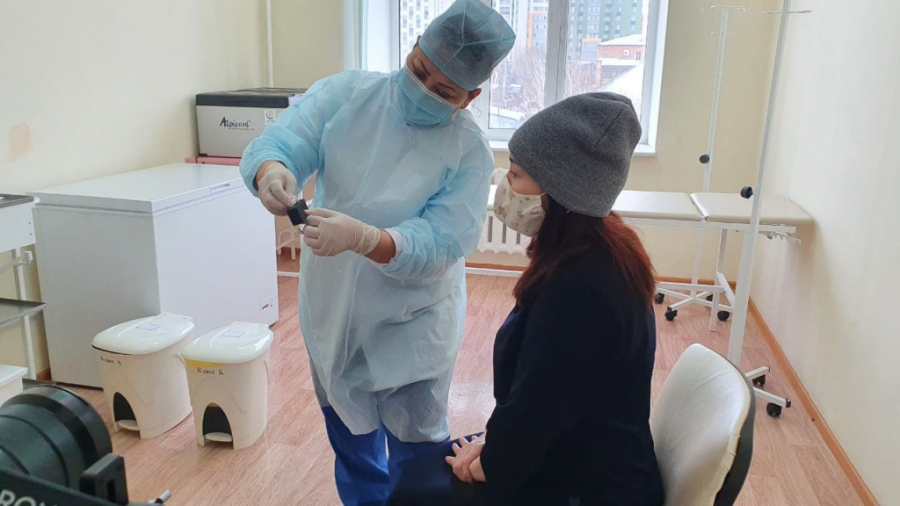
Ayaz Belkozhayev is one of the first in Kazakhstan to study Huntington's disease, an inherited disorder that affects the brain and nervous system at a molecular level. The young scientist aims to discover an effective treatment method for this complex illness. Unfortunately, the disease is caused by a mutation in a single gene and can lead to severe physical and cognitive disabilities, and in the worst cases, it can be fatal.
“The study results reveal significant differences in microRNA levels between healthy cells and cells affected by Huntington's disease. The gene expression of about 2,000 microRNAs was identified when examining the profiles, and 300 microRNAs were found to have a substantial difference in their expression patterns,” said Belkozhayev.
The young scientist is confident that the experiments being carried out will play an important role in further study of neurodegenerative diseases, such as Alzheimer's, Parkinson's and others. This will enable the early detection of disorders and the discovery of alternative methods of treatment.
“For further research, it will now be necessary to collect blood or cerebrospinal fluid for analysis directly from patients with Huntington's disease. Then we will study the altered microRNAs in a clinical setting. We intend to continue developing new scientific projects in the future in order to find new treatments,” he added.
Ayaz Belkozhayev began studying the basics of neurodegenerative diseases during his internship in a leading laboratory in the UK under the ‘500 Scientists’ project by the Bolashak Scholarship Program. He is currently continuing his research at the Institute of Molecular Biology and Biochemistry in Kazakhstan.









